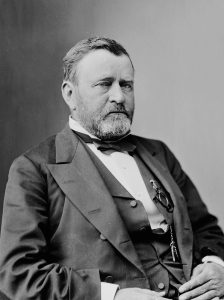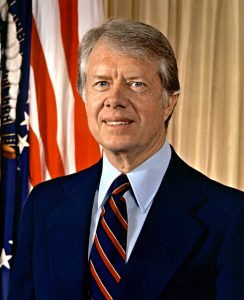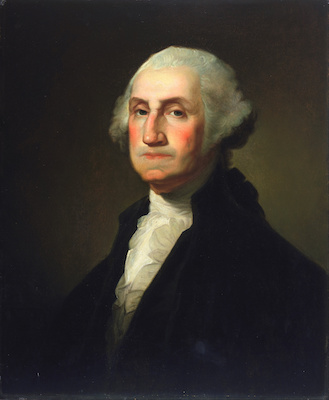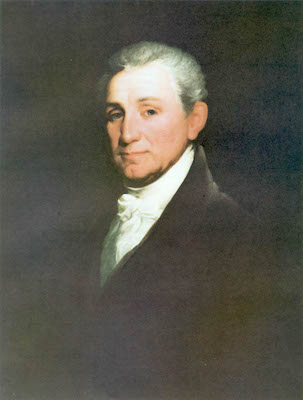
Since this is a book review, blog, let us consider U.S. presidents as authors. Here is an extract from Ulysses S. Grant’s memoirs, finished shortly before his death from throat cancer. Although some people today seem to be confused about the causes of the Civil War, Grant was very clear-eyed in 1885:
The cause of the great War of the Rebellion against the United Status will have to be attributed to slavery. For some years before the war began it was a trite saying among some politicians that “A state half slave and half free cannot exist.” All must become slave or all free, or the state will go down. I took no part myself in any such view of the case at the time, but since the war is over, reviewing the whole question, I have come to the conclusion that the saying is quite true.
Slavery was an institution that required unusual guarantees for its security wherever it existed; and in a country like ours where the larger portion of it was free territory inhabited by an intelligent and well-to-do population, the people would naturally have but little sympathy with demands upon them for its protection. Hence the people of the South were dependent upon keeping control of the general government to secure the perpetuation of their favorite institution. They were enabled to maintain this control long after the States where slavery existed had ceased to have the controlling power, through the assistance they received from odd men here and there throughout the Northern States. They saw their power waning, and this led them to encroach upon the prerogatives and independence of the Northern States by enacting such laws as the Fugitive Slave Law. By this law every Northern man was obliged, when properly summoned, to turn out and help apprehend the runaway slave of a Southern man. Northern marshals became slave-catchers, and Northern courts had to contribute to the support and protection of the institution.
This was a degradation which the North would not permit any longer than until they could get the power to expunge such laws from the statute books. Prior to the time of these encroachments the great majority of the people of the North had no particular quarrel with slavery, so long as they were not forced to have it themselves. But they were not willing to play the role of police for the South in the protection of this particular institution.
In the early days of the country, before we had railroads, telegraphs and steamboats—in a word, rapid transit of any sort—the States were each almost a separate nationality. At that time the subject of slavery caused but little or no disturbance to the public mind. But the country grew, rapid transit was established, and trade and commerce between the States got to be so much greater than before, that the power of the National government became more felt and recognized and, therefore, had to be enlisted in the cause of this institution.
It is probably well that we had the war when we did. We are better off now than we would have been without it, and have made more rapid progress than we otherwise should have made. The civilized nations of Europe have been stimulated into unusual activity, so that commerce, trade, travel, and thorough acquaintance among people of different nationalities, has become common; whereas, before, it was but the few who had ever had the privilege of going beyond the limits of their own country or who knew anything about other people. Then, too, our republican institutions were regarded as experiments up to the breaking out of the rebellion, and monarchical Europe generally believed that our republic was a rope of sand that would part the moment the slightest strain was brought upon it. Now it has shown itself capable of dealing with one of the greatest wars that was ever made, and our people have proven themselves to be the most formidable in war of any nationality.
But this war was a fearful lesson, and should teach us the necessity of avoiding wars in the future.
Many of the books written by presidents (or ghostwritten for them) are of course campaign books, mostly forgettable and largely forgotten, with a few exceptions such as JFK’s Profiles in Courage (actually written almost entirely by Ted Sorensen) and Obama’s Dreams from My Father. For an overview of presidents as author, I’ve acquired a copy of Author in Chief: The Untold Story of Our Presidents and the Books They Wrote by Craig Fehrman. Perhaps a review will come later if it’s interesting.

 As of the writing of this post, Jimmy Carter is at
As of the writing of this post, Jimmy Carter is at 
